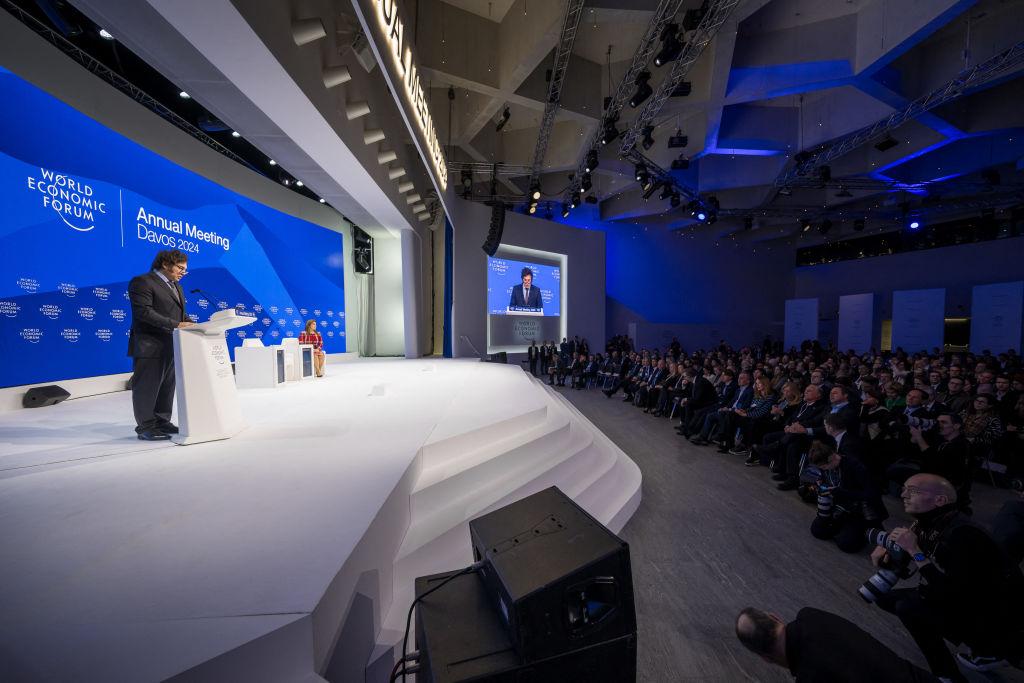Commentary
Is it possible to be a capitalist, a moral traditionalist, a defender of the integrity of nation-states, and an anti-isolationist all at the same time? Libertarian Argentine President Javier Milei is testing the proposition.

Is it possible to be a capitalist, a moral traditionalist, a defender of the integrity of nation-states, and an anti-isolationist all at the same time? Libertarian Argentine President Javier Milei is testing the proposition.